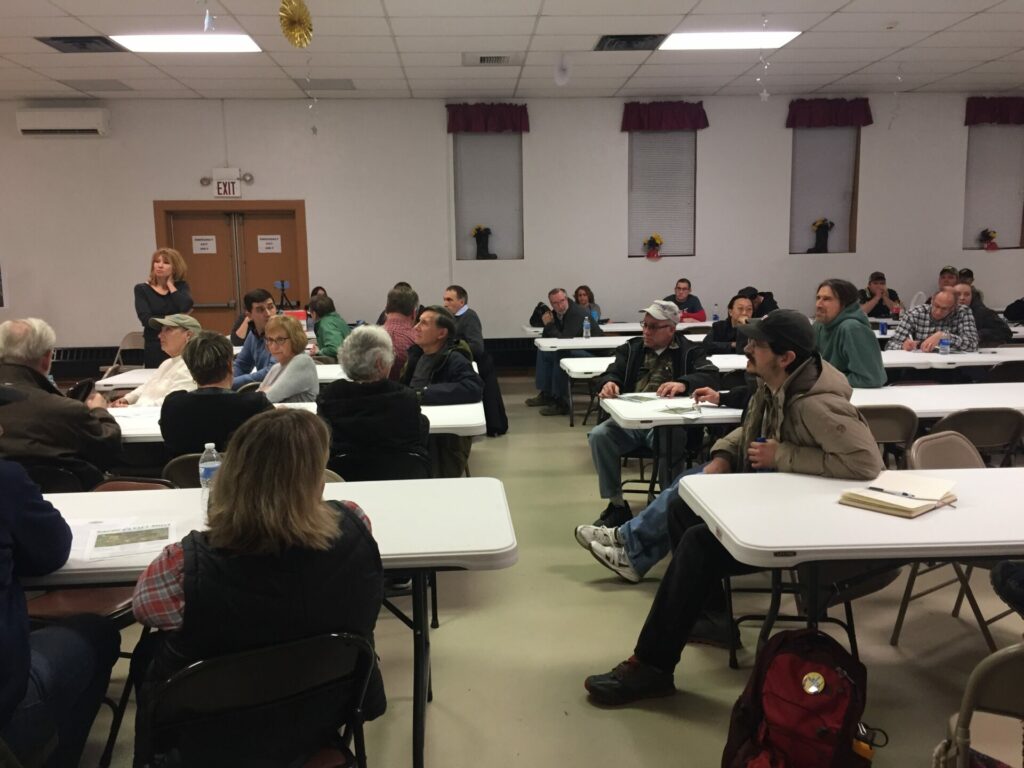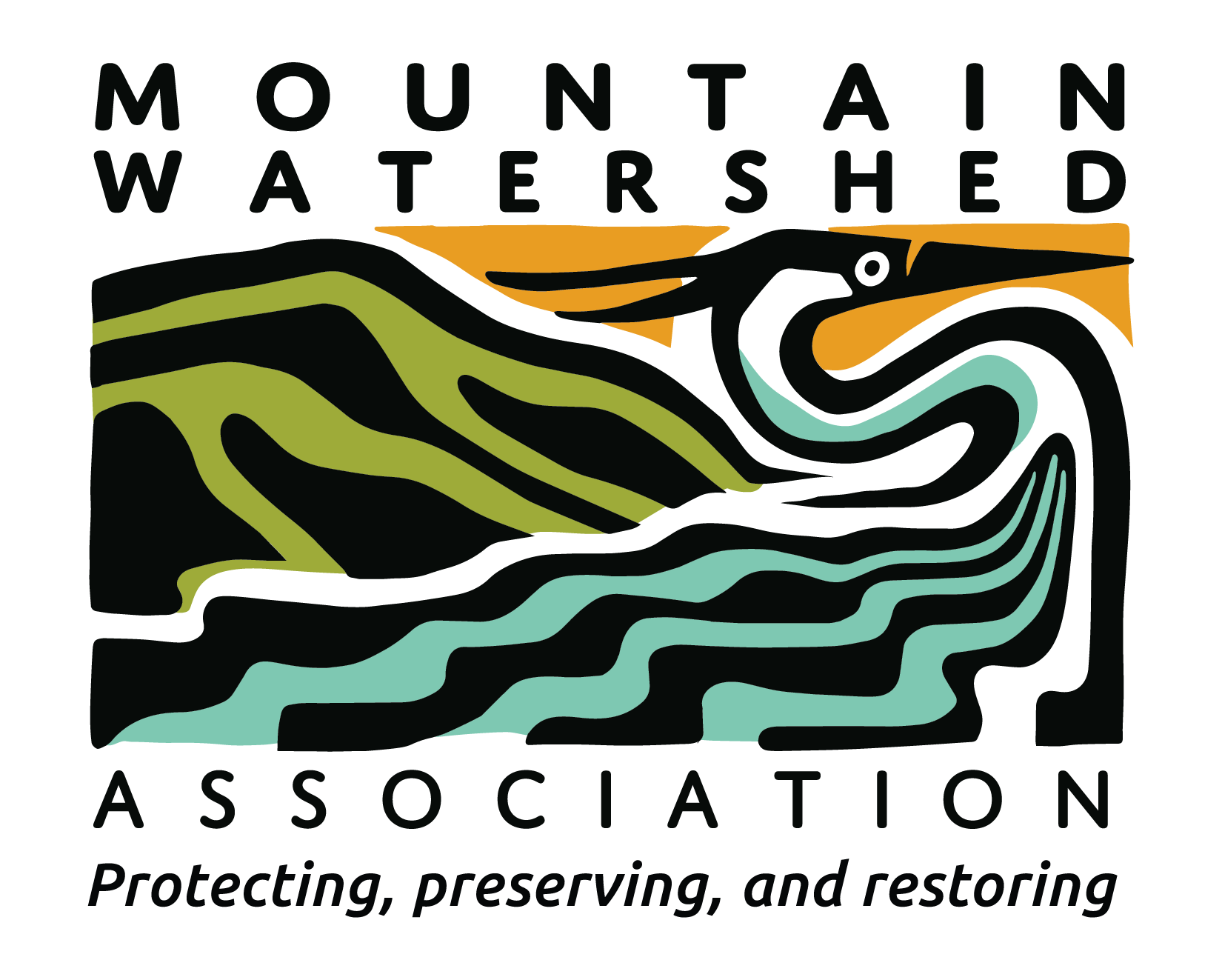
January 30th Community Meeting
On January 30th, 2020, MAX Environmental Services, Pennsylvania’s largest Class C hazardous waste facility, held a voluntary public meeting to inform the community members of Yukon, Pennsylvania, of their intent to expand operations by creating a new landfill north of Millbell Road. The fire hall in Yukon had over 40 area residents in attendance who were curious and concerned about MAX’s intent to expand their facilities. Anticipating a continuation of community push back that’s been present since the site was managed by Mill Services, MAX hoped this meeting would bolster positive public relations. Confirming the suspicions of community members, MWA organizers, and the Youghiogheny Riverkeeper, MAX intends to utilize the same non-compliant discharge point that continues to be a massive polluter of the Sewickley Creek.
The meeting was opened up by Bob Shawver, MAX’s CEO and President. He continued to push the line that MAX was turning over a new leaf, reiterating that things are different since he has taken the helm of the organization in February 2017. This is despite the fact that their discharge point was out of compliance with their permit for 124 days between August 2018 and August 2019. Although they have decreased the quantity of oil and gas waste they are accepting, non-compliance with their own discharge permit remains the norm at MAX Environmental’s Yukon facility.
At the meeting, MAX explained the details of the expansion, while many community members questioned MAX’s intent and motivations. Carl Spadaro, the former DEP inspector assigned to MAX Environmental who now works as MAX’s Environmental Manager, fielded the majority of these questions. Spadaro stated that they reduced the amount of oil & gas waste they accept due to a metallic smell emanating from the dump – a smell which received considerable complaints from the community which resulted in a legal challenge. “Your attorneys badgered me for hours about our complaints, and you lied under oath saying that you didn’t smell anything coming off the site. But you just said that you did smell it – how am I supposed to believe you now?” one community member stated. Despite MAX’s denial of this claim, this provided yet another reason for community members to call MAX’s integrity into question.
Later in the meeting, MAX was asked about the radioactive nature of the oil and gas waste that this dump has historically accepted in high quantities and continues to accept in lower quantities. Oil and gas wastes are known to contain radioactive materials, with known carcinogens such as radium, occurring at levels hundreds of times safe drinking water standards. Yet, MAX said they do not monitor for radiation in their leachate because PADEP does not require it of them. This is another example of MAX doing little more than the bare minimum to protect community members from the hazardous materials at their dump.
Despite claiming that it is not MAX’s standard operating procedure to accept shipments of waste at night, community members insisted that they have repeatedly observed trucks entering the facility at night when there are no guards on duty at the gate. They reported that these trucks avoid driving on the scales that measure the weight of the loads; these reports have continued to come in to Mountain Watershed Association. Fed up with MAX’s performative approach towards community outreach, one community member exclaimed, “talk to us like we’re human beings! Who here has one life!?” The answer to that question, albeit obvious, suggested that MAX treats their neighbors as if they are expendable.
Towards the end of the meeting, one community member asked the befuddled panel of MAX representatives, “how many of you have family members who have died of cancer in this community?” Carl Spadaro was the only one to respond, saying, “none.” At least two community members approached him at the end of the meeting to inform him that, “he will still have to answer to God.” One can hope that appeals to Spadaro’s conscience would bring about the necessary changes that would restore peace of mind to MAX’s neighbors: a closure of the landfill. Unfortunately, the legacy of MAX Environmental and the landfill in Yukon shows that there is nothing the community can do to make MAX turn away from their bottom line. Stay tuned for part two of this series where we will look into greater detail at the proposed Landfill 7 and MAX’s ongoing non-compliance.

